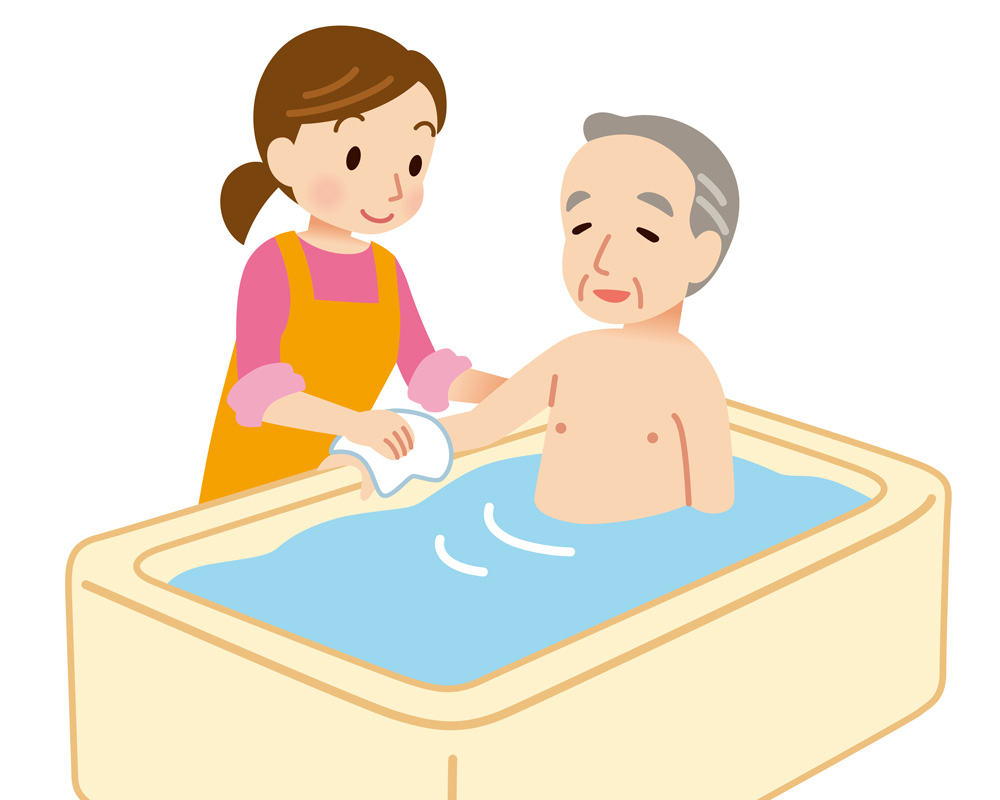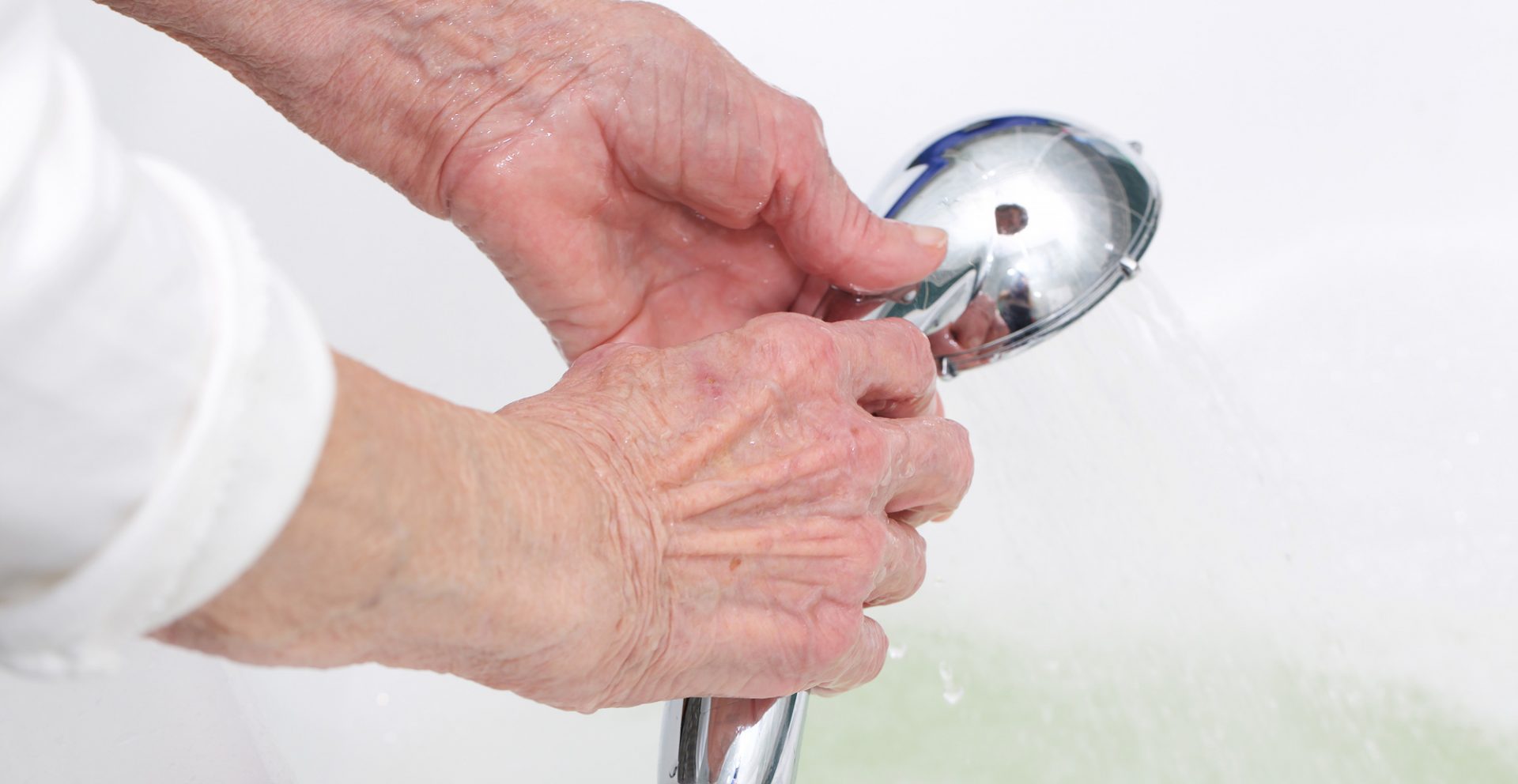There are many persons with dementia who develop a fear of showers even though this is a normal part of each day. Here are some tips that can help encourage your loved one to keep clean.
Showers can be a constant struggle for many caregivers of persons with dementia as what used to be a daily activity becomes a source of frustration. In your mind, you’re acutely aware that your loved one needs to be cleaned to prevent skin infections and of course, to avoid body odour, but their staunch refusal can lead to hostility and arguments as your stress level rises.
If this sounds familiar to you, rest assured that you’re not alone in this struggle. Take a deep breath and remember that while showers and baths are normal to us, it can be a cause for fear in persons with dementia. Instead of butting heads and trying to force them to shower, try these methods to make the experience less intimidating for them.
Make It Routine
A regular routine benefits persons with dementia in many ways, and this is no different. Try making sure that showers happen at the same time every day, so it becomes part of the normal flow of their day, just like eating and sleeping. This predictability will reduce their stress and anxiety which might make them more willing to bathe. The morning is usually a good time for this, as the person with dementia can also get dressed for the day immediately after.
Keep the experience positive
Don’t try to argue about how many days it’s been since their last shower or why good hygiene is important. Keep it simple and focus on the positive activities that can come after the bath. Keep your body language warm and inviting when you’re walking with them to the shower, and say things like “Let’s go shower now, and after that we can have a warm cup of milo and do something fun.” Keep the conversation focused on the positives, and avoid discussing or arguing about the shower. Done consistently, this will help the shower become associated with things they enjoy.
Create A Safe And Comfortable Environment
The bathroom can be a disorientating place, especially when the floor gets slippery. Reduce the sources of discomfort by using non-slip mats, installing grab bars that they can grab on to, and have a shower chair or bath seat that the person with dementia can sit on during the shower. Using a hand-held shower head with a milder spray will also be a lot less scary. During shower times, you can play some music that they enjoy to make it a more enjoyable experience for them.

Avoid Any Surprises
Showering is such a natural process that we don’t think much of it, but there are a lot of steps involved that can make it overwhelming for a person with dementia. If you’re showering them, let the person with dementia know what’s going to happen next; if they’re able to, let them shower themselves and keep to coaching them through the process instead. It might take slightly more time, but they will have a sense of control over what’s happening, which will reduce anxiety and increase self-confidence. An example that can be used for both instances would be something like “Let’s rub the soap on your arm now. Great, now we’ll rinse the soap away.”
Fall Back On The Alternatives
Even though showers are ideal, it might be too distressing for the person with dementia in some cases. In such instances, remember that there are alternative ways to keep clean. Giving them a sponge or towel bath while they’re lying down in bed are both alternatives that work, and will reduce the stress on both you and the patient arguing about taking a shower. A useful tip for these methods is to keep as much of their body covered with a large and comfortable towel as you’re cleaning different parts, so they feel warm and safer.



